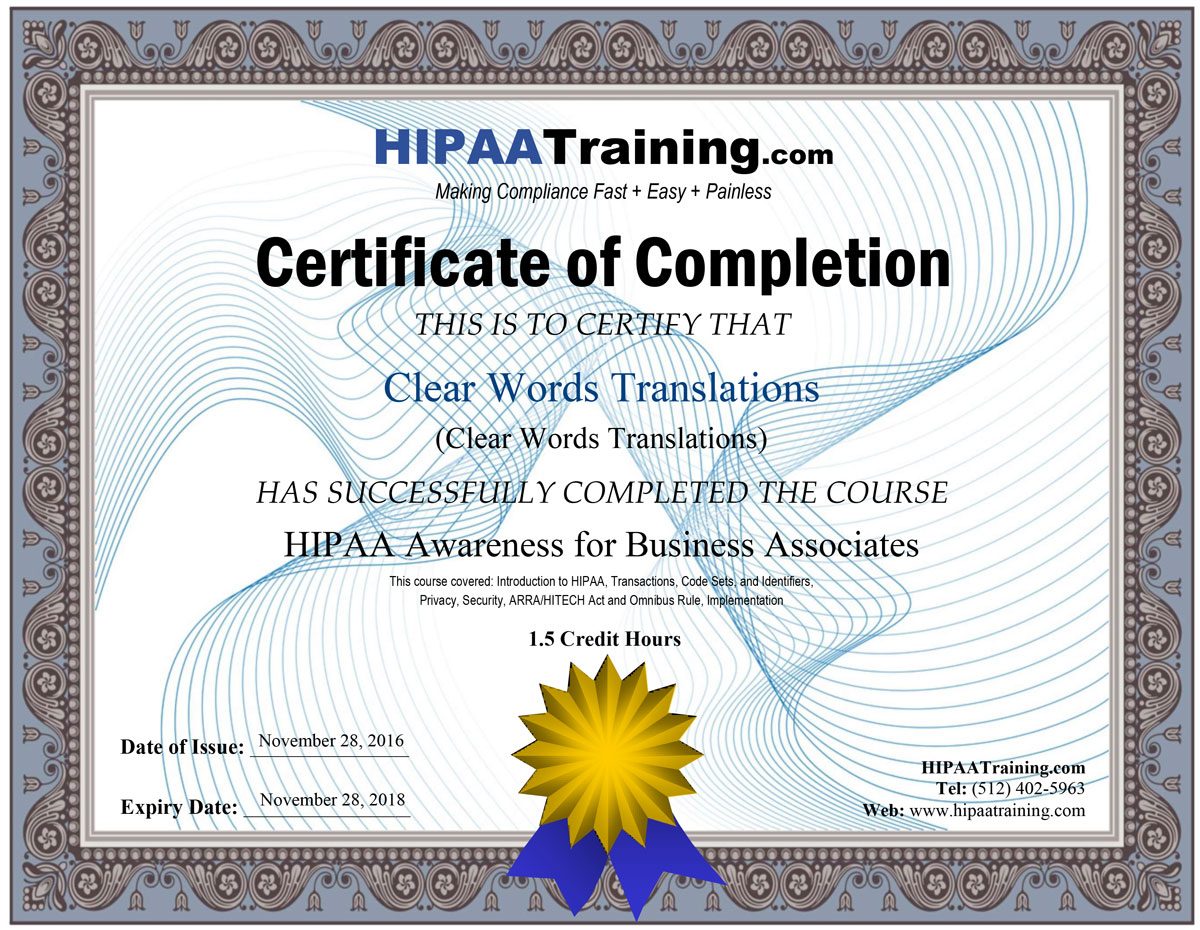Check Out The Most Difficult Words to Translate
CLEAR WORDS
TRANSLATIONS
All News
March 6, 2018 |
Check Out The Most Difficult Words to Translate
Translation and interpretation don’t always go smoothly as silk. Even the most experienced linguists struggle with some difficult words to translate. With English having one of the richest vocabularies, some words don’t always find a correspondent in other languages. That’s why, sometimes, translators need as many as five or six words to translate a single English word!
However, despite a large number of English words, we don’t always have an equivalent for all the words from other languages. So, translating from and into English requires creativity and an excellent knowledge of terms and phrases, to be able to keep meanings intact with translation.
It’s All Caused By Cultural Differences
Words don’t cover the exact same meanings in all languages. Some differences are easy to notice, while other difficult words to translate require a deeper look into the context to understand the meaning of a term.
‘Awkward’, for example, makes English speakers think about something that causes difficulty, embarrassment, or inconvenience. In Italian, the closest word to it is ‘scomodo’, but this word doesn’t cover the full meaning of ‘awkward’, as it refers to something that causes difficulty only. Another word used to translate ‘awkward’ in Italian is ‘imbarazzante’, but it translates only as embarrassing. None of these two words describe the exact meaning of awkward.
The same works for German – you can use ‘peinlich’ to describe an embarrassing person. But you need the word ‘unangenehm’ to describe an uncomfortable situation. In fact, German uses at least five different words to describe all the situations English covers with ‘awkward.’
The language differences come from each nation’s cultural background. Sometimes include tone, spirit and a specific suggestion coming from the speaker. And these vary with social habits and education.
Language and culture go hand in hand, each one generating specific characteristics in the other. Synonyms can help translators understand the exact meaning of every word, but deep knowledge about cultural differences is essential for an accurate translation.
Difficult Words to Translate from English
Many English words have some equivalents in other languages. But, these foreign terms don’t cover the full meaning of the original words. Depending on the target language, some of these words are almost impossible to translate using only one or two words. Here goes:
‘Jinx’ – it has no equivalent in Polish. To translate this word, you need to say “something that brings bad luck.”
‘Fair’/ ‘Fairness’ – many languages have similar words to define the concept, but none seems to be able to cover the idea as this English word does.
‘Tough’ – it translates as ‘difficile’ and ‘dur’ into French. But, none of these words covers the full meaning of the English word. Similar situations are encountered in other European languages, such as Spanish, Portuguese or Italian.
‘Multitasking’ – there’s no correspondent for this word in Spanish, Italian or Romanian (French has a word for it, though). In most languages, this word translates through “doing more than one thing at once.”
‘Procrastinate’ – it has no equivalent in Spanish. Some words get close to it, such as ‘posponer’ or ‘desidia’, but none of them transmits its full meaning. So, translators usually translate it with the equivalent of “leave everything for later.”
‘Put’ – this simple word has no correspondent in German. To translate it, you should use words that in English translate with ‘set’ or ‘place.’
‘Spouse’ – there’s no word to express this concept in Danish. You have to use either the equivalent for ‘partner’ (which extends to business, as well) or the word ‘ægtefælle’ – which usually means spouses are legally married.
‘Serendipity’ – there are words to say lucky find, coincidence or accident, but none of them explains the meaning of serendipity correctly. You’ve got to be native English to understand what this word means. As a matter of fact, this is often voted as one of the hardest words to translate from English.
‘Free’ – from available and absolute, to without limit or without charge, this word can have a wide range of meanings. Which makes it almost impossible to translate it without using its synonyms. No other language has a word as rich to describe the meaning ‘free’ has. French, for example, has ‘libre’ (meaning available) or ‘gratuit’ (meaning at no cost), with synonyms. But, in most cases, translators need context to understand which meaning of ‘free’ to relate to.
‘Toe’ – there’s no specific word for it in Spanish! People just use the word they use for finger, adding the fact that it belongs to the foot – “dedo del pie” (Spanish). A word for ‘toe’ doesn’t exist in Italian either, but this language has one specific word to identify each toe.
‘Cheesy’ – there’s plenty of foreign words to describe a cheesy situation, but none of them could get close enough to the meaning of this word.
Difficult Words to Translate into English
Other languages have their tricky words, as well. The lack of English equivalent for certain words puts translators to work in finding the right way to express the concepts behind terms.
‘Pochemuchka’ – this Russian word describes a person who asks too many questions.
‘Tsundoku’ – a Japanese word to describe the fact of leaving a book unread after buying it.
‘Shlimazl’ – a Yiddish word used to name an unlucky person.
‘Waldeinsamkeit’ – the German word for the feeling you have when you’re alone in the woods.
‘Cafuné’ – a word people use in Brazil to describe the action of running your fingers through someone’s hair
‘Prozvonit’ – a verb that means calling a cell phone only to have it ring once in the Czech language.
‘Saudade’ – one of the most beautiful Portuguese words, describing a feeling of missing someone that you loved and lost.
‘Altahmam’ – an Arabic word to describe a deep sadness.
‘Culaccino’ – an Italian word that defines a small quantity of a substance that’s left at the bottom of a glass or cup. It’s also used to name the mark left on a surface by a moist glass.
Most probably, every translator has his/her own list with the most difficult words to translate from and into English, depending on what other languages he/she works with. This is because easy to translate words into Spanish, for example, may be impossible to translate into Chinese, due to culture differences and the lack of certain concepts in some languages.
This is also what makes the human element in translation so important. In many cases, context and a judgment call is needed to decide on the right word. Ask for a machine translation and you could end up with a text that makes no sense at all.
What are your most difficult words to translate? Do you keep a list? Let us know!










